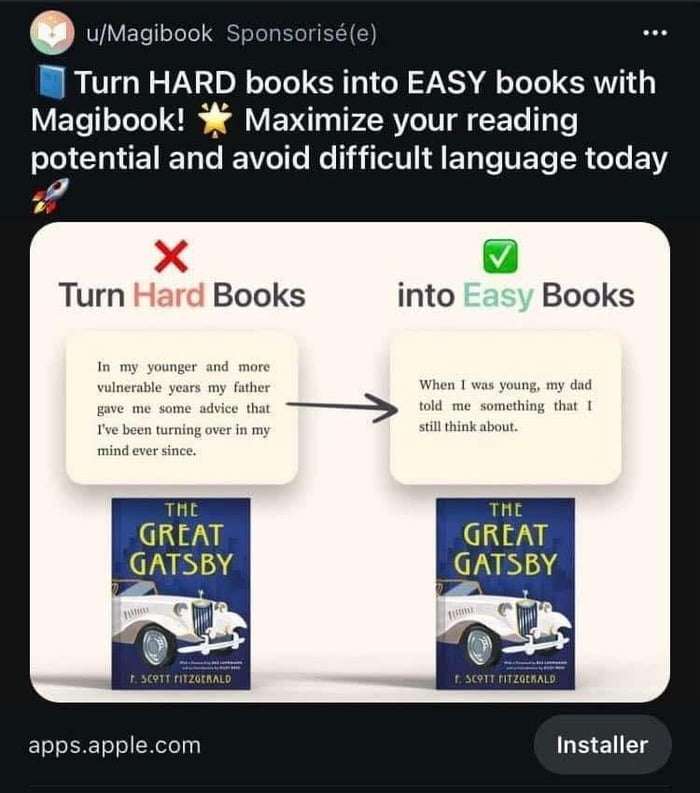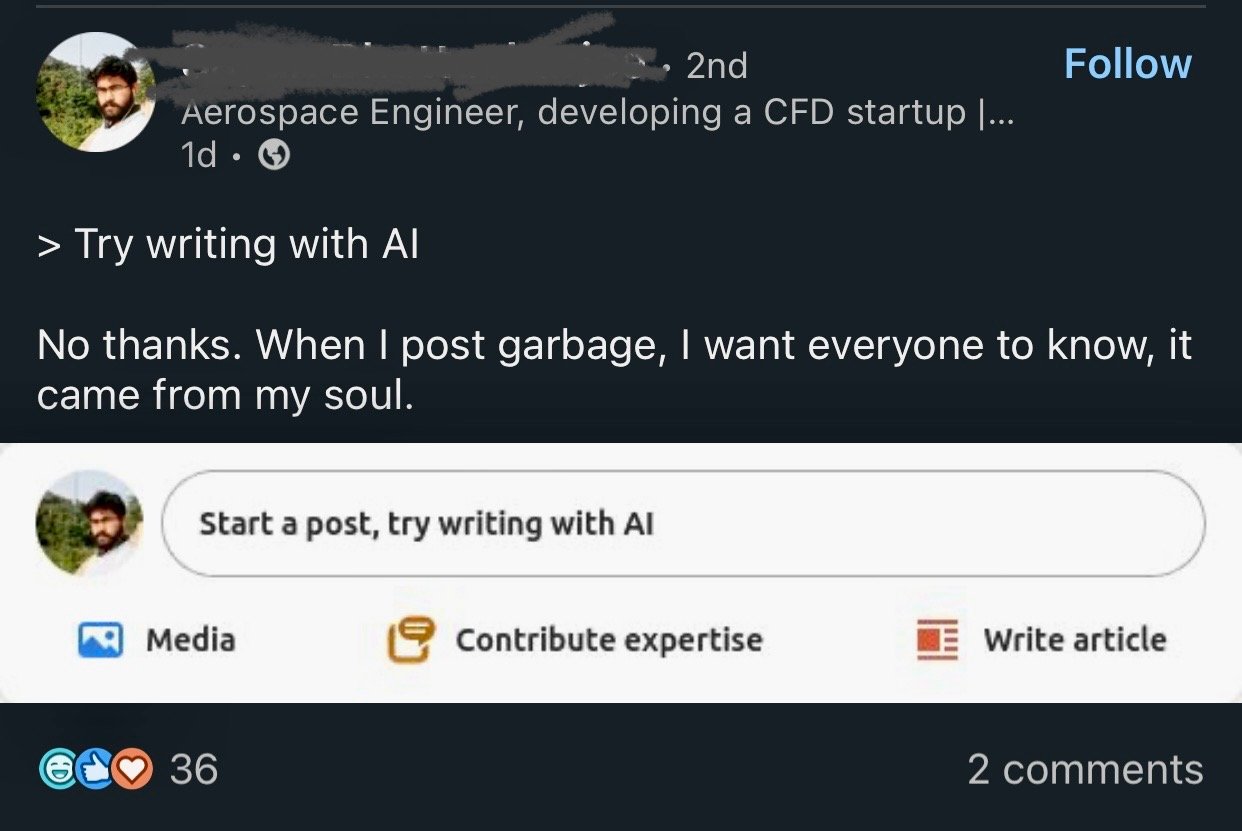Love it or hate it, there's no changing the fact that AI is disrupting the internet as we know it. A lot of this perception can be explained by Google's priorities around its AI efforts, with the company looking to quickly monetize these tools and integrate them into its vast product portfolio. Now, Google is highlighting two initiatives that will only further cement public opinion.
In a post today highlighting a speech by Google VP Vidhya Srinivasan at the Cannes Lions Festival, the company revealed how it sees massive potential for generative AI in its ads division. "First, you can use AI to generate insights about your audiences," Google explained to potential ad partners, "Then you can shorten and scale creative production to bring ideas to life faster." Google highlighted the potential of Veo, its newest video generation model, when used to create ads.
As we reported in April, Google has now expanded this program to YouTube advertisers. In its post today, the company revealed it has been using its own tools to advertise the Pixel 8 series, generating a whopping 4,500 unique ads that ran on YouTube in recent months.
In a post from earlier this week, Google announced "Best Phones Forever: AI Roadtrip," the latest installment in this series that comes with a twist: Instagram Reels viewers would be able to comment with a location suggestion for the smartphones' road trip, and Google's AI would create a bespoke video response to that comment "within minutes."
The campaign was only live for 16 hours and has now ended, but Google's primary intention here wasn't to sell phones — rather, it hoped the stunt would inspire other advertisers to explore their own "creative applications of these technologies."
With these developments, Google's vision for the future of advertising is becoming clear: Targeted marketing based on user data will only get more targeted, and generative AI will be at the heart of it all.









